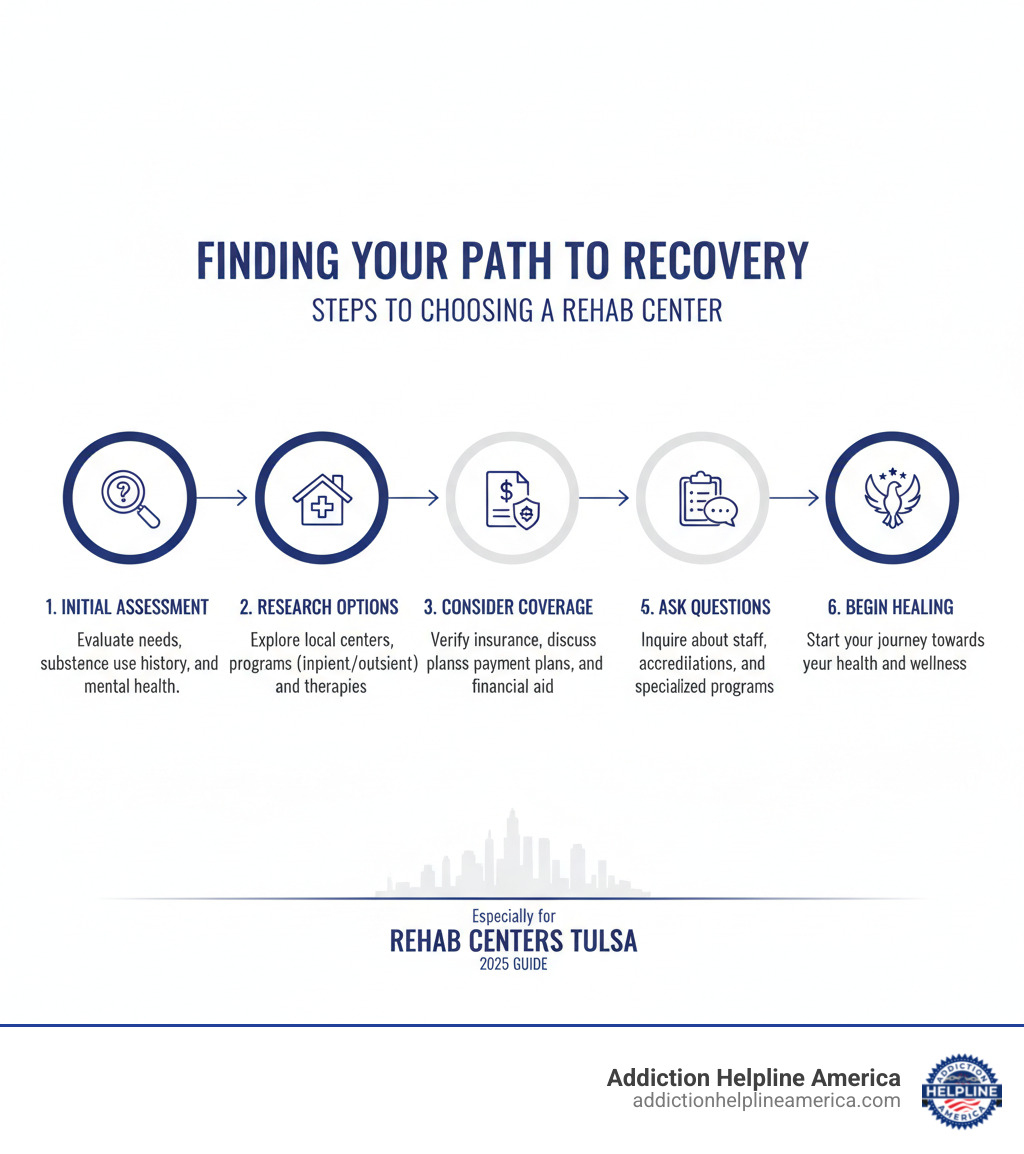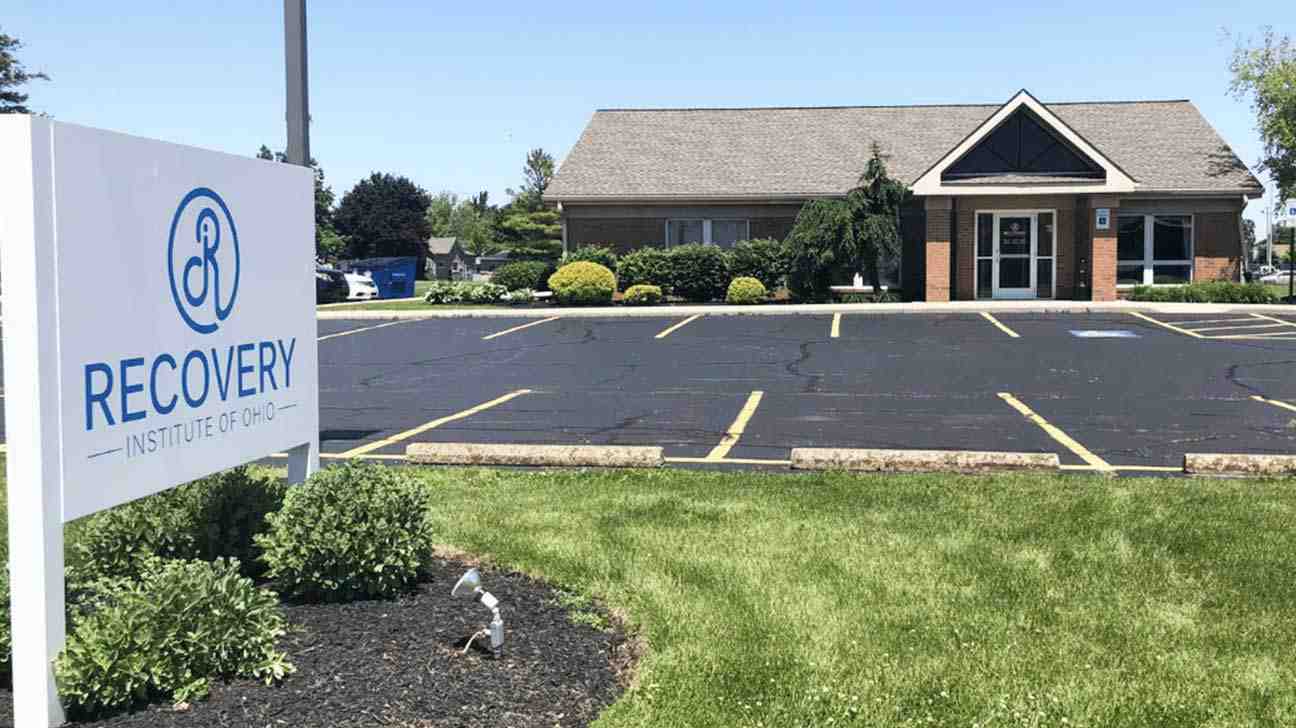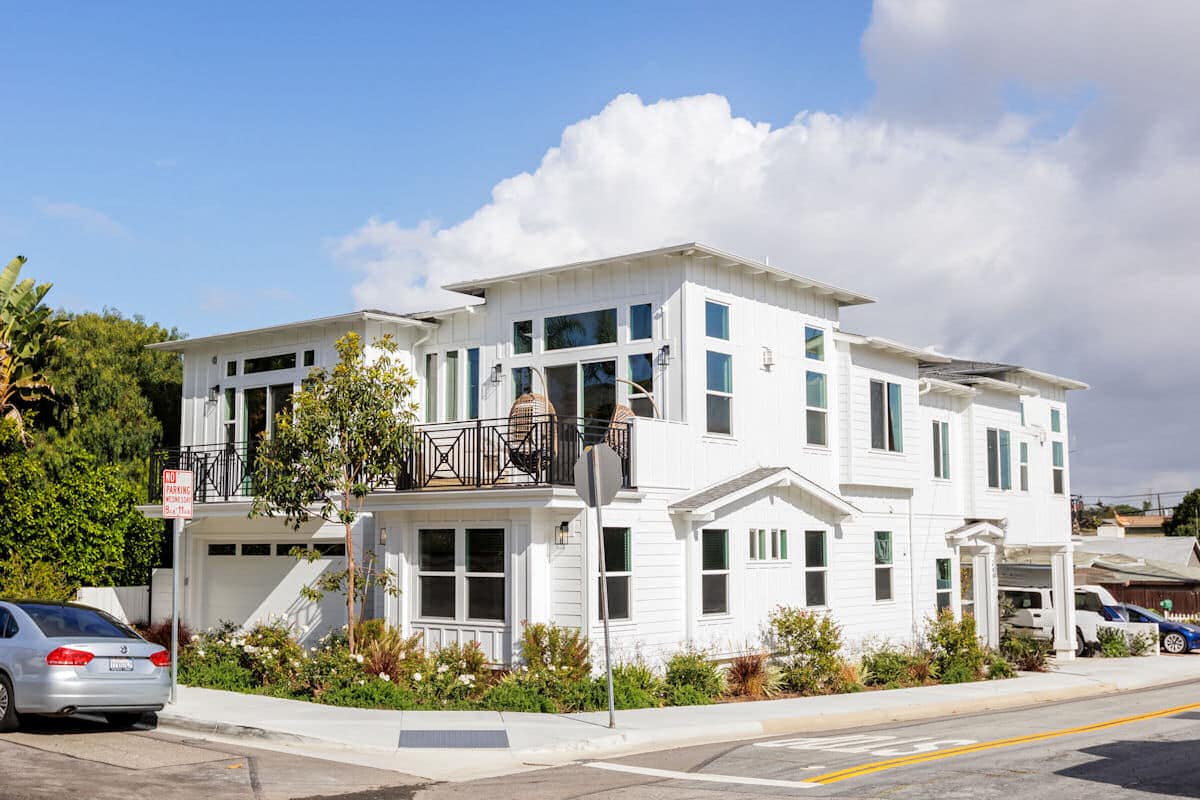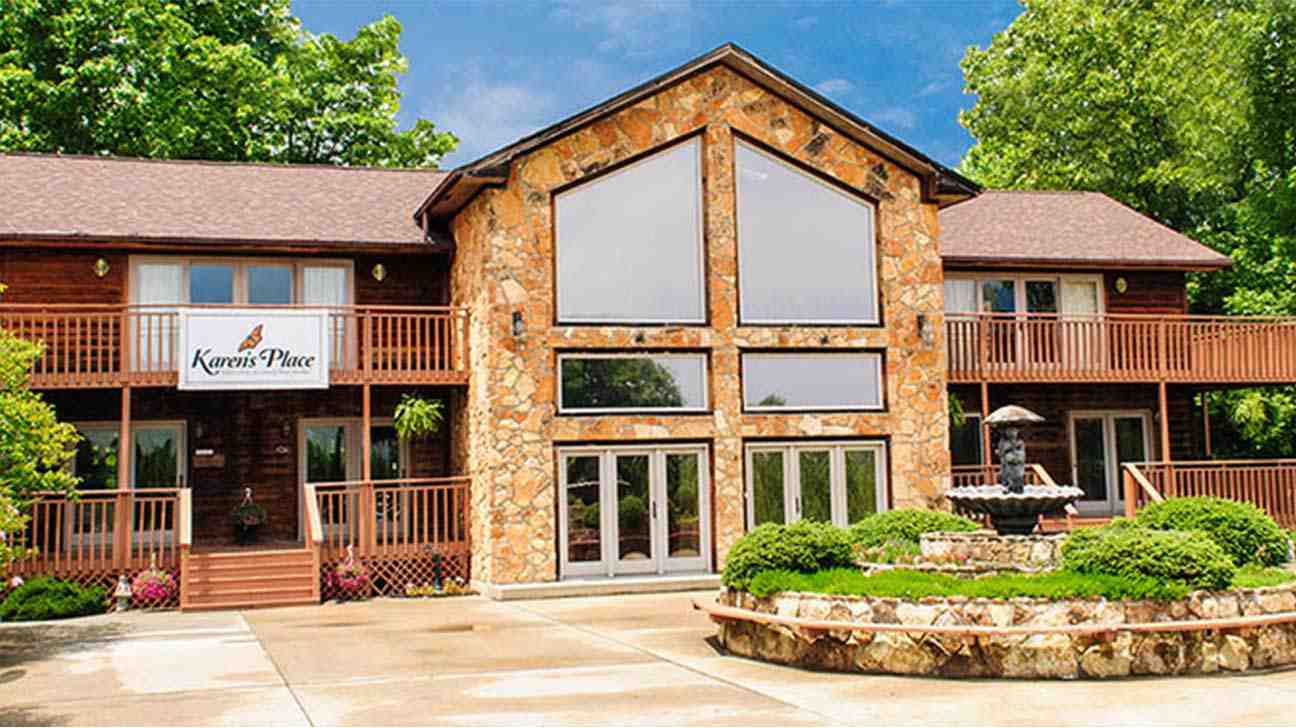
Understanding Your Options for Addiction Treatment in Tulsa
Rehab centers Tulsa provide critical support for individuals and families facing addiction. While Oklahoma has seen a staggering 418% increase in drug overdose deaths, and Tulsa County has one of the nation’s highest overdose hospitalization rates, there is a clear path to healing. Recovery is possible, and the right treatment center can be life-changing.
This guide will help you make an informed decision by covering the five essential things you need to know before choosing a rehab center in Tulsa.
Quick Overview of Tulsa Rehab Centers:
- 19 facilities accept Medicaid, and 13 centers accept private health insurance.
- A full continuum of care is available, including detox, inpatient, and outpatient programs.
- Free and specialized programs are available for men, women, veterans, and more.
- The average cost is approximately $52,055, which is lower than the national average.
Finding the right program involves understanding treatment types, payment options, and specialized care. At Addiction Helpline America, we guide families through this process every day. Our team understands the local treatment landscape and can connect you with quality rehab centers Tulsa offers for lasting recovery with confidential support.

Similar topics to rehab centers tulsa:
1. Understanding the Treatment Landscape at Rehab Centers Tulsa
Oklahoma’s addiction crisis is severe, with a 418% increase in drug overdose deaths in 2022 and Tulsa County ranking among the highest in the nation for overdose hospitalizations. Opiates are a primary driver, responsible for one in five overdose hospitalizations in the county. These aren’t just statistics; they are people who need and deserve effective help.
Understanding the types of care available at rehab centers Tulsa is the first step. Addiction is a complex health condition, but treatment works. A full spectrum of care exists to support individuals at every stage of their recovery journey.

Types of Addiction Treatment Programs
Rehab centers Tulsa offer programs custom to specific substances and individual needs.
- Alcohol Rehab: Focuses on overcoming alcohol dependence, often starting with medically supervised detox due to the dangers of withdrawal.
- Drug Rehab: This broad category includes specialized approaches for different substances.
- Opioid Treatment: Crucial in Tulsa, these programs often use Medication-Assisted Treatment (MAT) with medications like Suboxone or Vivitrol, combined with therapy, to normalize brain chemistry and support recovery.
- Methamphetamine & Prescription Drug Treatment: These programs use behavioral therapies and relapse prevention to address the unique challenges of stimulant or prescription medication abuse, such as benzodiazepines.
- Dual Diagnosis Treatment: This integrated approach treats addiction and co-occurring mental health conditions like depression, anxiety, or PTSD simultaneously. Since over half of people with a substance use disorder also have a mental illness, this is essential for lasting recovery.
For more on services across the state, see more info about Oklahoma rehab services.
Levels of Care Explained
Treatment intensity varies, allowing you to step down to less intensive care as you progress.
- Medical Detoxification: The critical first step for many substances, providing 24/7 medical supervision to manage withdrawal symptoms safely.
- Inpatient/Residential Treatment: Living at a facility for 24/7 care in a structured, trigger-free environment. It’s ideal for severe addiction or unstable home situations.
- Partial Hospitalization (PHP): Intensive, full-day programming five days a week while returning home or to a sober living environment at night.
- Intensive Outpatient (IOP): Structured therapy for a few hours, several days a week, allowing clients to maintain work or family commitments.
- Standard Outpatient: The least intensive option, typically involving weekly counseling and support groups, ideal for aftercare.
Here’s how inpatient and outpatient options compare:
| Feature | Inpatient/Residential Treatment | Outpatient Treatment (PHP/IOP/Standard) |
|---|---|---|
| Environment | Live at facility, 24/7 care, structured | Live at home/sober living, attend sessions |
| Intensity | High (daily therapy, medical supervision) | Moderate to low (scheduled sessions, varying hours) |
| Distraction | Minimal, removed from triggers | More exposure to daily life triggers |
| Flexibility | Low (full commitment to the program) | High (allows for work, school, family responsibilities) |
| Cost | Generally higher | Generally lower |
| Ideal For | Severe addiction, unstable environment, need for medical detox | Moderate addiction, stable home life, step-down from inpatient |
How Long Does Rehab Take?
The duration of rehab depends on the individual’s needs, but common timelines exist. Short-term programs (30 days) focus on stabilization. Mid-term programs (60-90 days) allow for deeper therapeutic work and skill-building. Research shows that longer treatment durations lead to better outcomes.
Long-term programs can last six months to a year, such as the no-cost program for men at The H.O.W. Foundation. These are beneficial for chronic addiction or relapse history. However, rehab is just the beginning. Long-term recovery is a lifelong journey supported by aftercare, therapy, and support groups.
2. Navigating Costs and Payment Options
The cost of treatment is a common concern, but it shouldn’t be a barrier to recovery. The average cost of addiction treatment in Tulsa is approximately $52,055, which is lower than the national average. More importantly, there are many ways to make treatment affordable.
Thanks to the Affordable Care Act (ACA) and Mental Health Parity laws, most health insurance plans are required to cover addiction treatment similarly to other medical services. This has made quality care far more accessible.

Common Payment Methods
When exploring rehab centers Tulsa, you have several payment options:
- Private Health Insurance: Accepted at 13 facilities near Tulsa. We can help you verify your benefits with major providers like Aetna, Blue Cross Blue Shield, and UnitedHealth Group.
- Medicaid and Medicare: 19 rehab programs near Tulsa accept Medicaid, making treatment accessible for those with limited income. Medicare also provides coverage.
- TRICARE: Six facilities near Tulsa provide coverage for veterans and active military members.
- Self-Pay: 14 facilities accept cash payments, with costs varying from around $1,200 for outpatient detox to over $10,000 for residential care.
- State and Tribal Funding: Several facilities accept state funding or Indian Health Service (IHS) funding for eligible individuals.
For a complete overview of options in the state, visit Find addiction treatment centers.
Free and Low-Cost Treatment Options in Tulsa
No one should be denied treatment due to cost. Tulsa offers several pathways to free or reduced-cost care.
The H.O.W. Foundation provides a completely free residential recovery program for men. Many non-profit centers also offer services on a sliding scale, adjusting costs based on your income.
When calling facilities, ask about financial aid: Do you offer sliding scale fees? Are scholarships available? Can we set up a payment plan? Don’t let financial worries stop you from seeking help. At Addiction Helpline America, we can help you steer these financial questions and connect you with affordable care.
3. Finding the Right Program for Your Unique Needs
There is no one-size-fits-all recovery program. Personalized care is essential for success. A thorough assessment of your addiction severity, mental and physical health, and personal circumstances is the first step to creating a plan that works for you.
Key signs that someone may need rehab include experiencing withdrawal, continuing to use despite negative consequences, developing a tolerance, neglecting responsibilities, and being unable to cut down on use. If these signs are familiar, it’s time to seek help.

Specialized Programs at Rehab Centers Tulsa
Many rehab centers Tulsa offer specialized programs for different populations:
- Dual Diagnosis Treatment: Integrates care for both addiction and co-occurring mental health disorders like depression or PTSD, which is crucial for lasting recovery.
- Gender-Specific Programs: The Resonance Center for Women and the Palmer Tulsa Women and Childrens Center offer supportive environments for women to address unique issues like trauma and motherhood. For men, the H.O.W. Foundation provides a no-cost, peer-led residential program.
- Programs for Veterans: The Ernest Childers VA Outpatient Clinic and Solara Military offer care custom to the unique stressors and traumas faced by military service members.
- LGBTQ+ Affirming Care: Provides a safe, understanding environment for individuals in these communities.
- Adolescent and Young Adult Programs: Centers like Youthcare Of Oklahoma Tulsa and Evolve Teen Depression Residential Treatment address the specific developmental needs of younger people.
Therapies and Amenities to Look For
Look for facilities that use evidence-based therapies backed by scientific research, such as Cognitive Behavioral Therapy (CBT), Dialectical Behavior Therapy (DBT), and Motivational Interviewing (MI). Many centers also offer holistic therapies like yoga, art therapy, and meditation to treat the whole person.
Family therapy is another critical component, as addiction affects the entire family. Effective treatment centers provide resources to help heal relationships and build a strong support system.
Finally, ensure the facility has proper staff qualifications and accreditation. Look for licensed professionals and accreditations from reputable organizations like SAMHSA (Substance Abuse and Mental Health Services Administration), CARF, or the Joint Commission. These signify a commitment to high standards of care.
Finding Treatment Near Tulsa
Searching locally in Tulsa offers convenience and access to your support system. However, traveling for rehab can provide a necessary fresh start, removing you from daily triggers and distractions. Expanding your search to nearby cities like Oklahoma City or Shawnee can also increase your options. Our resources, including the guide to Rehab Centers in Oklahoma, can help you explore facilities both near and far.
At Addiction Helpline America, we help you steer these choices to find the program that best fits your unique situation.
4. The Admission Process and Legal Considerations
Taking the first step toward recovery is brave. Understanding the admission process and your legal rights can reduce anxiety and allow you to focus on healing. Your privacy is protected by federal law, and rehab centers Tulsa must keep your information confidential.

The admission process is designed to ensure you receive the right level of care from day one.
The Admission Process for Rehab Centers Tulsa
The process generally follows these steps:
- Initial Assessment Call: A confidential conversation with an admissions counselor to discuss your substance use history, mental health, and treatment goals.
- Insurance Verification: The admissions team will confirm your insurance coverage and explain any out-of-pocket costs.
- Packing and Preparation: You’ll receive guidance on what to bring (comfortable clothes, toiletries, approved medications) and what to leave at home (cell phones, valuables, unapproved substances).
- Medical Evaluation: Upon arrival, a medical team will conduct a health assessment to create a safe and effective treatment plan, including determining the need for medical detox.
Oklahoma’s Addiction-Related Laws
Several key laws in Oklahoma protect individuals seeking treatment:
- Good Samaritan Overdose Prevention Law: This law provides legal protection from prosecution for drug possession if you call 911 to report an overdose. Its purpose is to save lives by removing the fear of arrest.
- Opiate Prescription Regulations: A state database tracks opiate prescriptions to prevent fraud and “doctor shopping,” helping to reduce opioid-related deaths.
- Mental Health Parity and Addiction Equity Act (MHPAEA): This federal law requires insurance plans to cover addiction and mental health treatment at the same level as other medical care.
- Court-Ordered Treatment: In some cases, a judge may mandate treatment as an alternative to incarceration. This can be a life-changing opportunity for recovery.
Your privacy is protected by HIPAA, which prevents treatment centers from sharing your information without your written consent. This confidentiality allows you to be open and honest with your care team.
Frequently Asked Questions about Rehab in Tulsa
If you’re considering treatment, you likely have questions. Here are answers to some of the most common concerns we hear from individuals and families looking into rehab centers Tulsa.
Will I lose my job if I go to rehab?
No. You have legal protections that safeguard your employment. The Americans with Disabilities Act (ADA) protects you from being fired for seeking treatment, and the Family and Medical Leave Act (FMLA) allows eligible employees to take job-protected medical leave for rehab. While you generally cannot work remotely during residential treatment to ensure you can fully focus on recovery, your job (or an equivalent) will be waiting for you. Focusing on recovery now is the best way to protect your long-term career.
What is the role of family in recovery?
Addiction is often called a “family disease” because it impacts everyone. Family can also be one of the most powerful forces for healing. Many rehab centers Tulsa offer family therapy and education programs to help rebuild trust, improve communication, and create a supportive home environment. When families heal together, recovery outcomes improve dramatically. Support groups like Al-Anon and Nar-Anon are also invaluable resources for friends and family members.
What happens after rehab is over?
Completing rehab is the starting line, not the finish line. Recovery is a lifelong process, and aftercare is critical for maintaining sobriety. Before you leave, you’ll work with your care team to create a personalized relapse prevention plan. This plan identifies triggers and maps out your support systems.
Many people transition to sober living homes for a structured, supportive environment after inpatient care. Ongoing participation in support groups like Alcoholics Anonymous (AA), Narcotics Anonymous (NA), and SMART Recovery provides the peer connection and accountability essential for long-term success.
Conclusion
We’ve covered the five key areas to consider when choosing rehab centers Tulsa: the treatment landscape, payment options, specialized programs, the admission process, and the importance of aftercare. While Tulsa has faced significant challenges with substance abuse, the most important truth is that recovery is possible.
Every day, individuals reclaim their lives, repair relationships, and find new hope. The rehab centers Tulsa offers have helped countless people find their way back. Taking the first step can be scary, but you don’t have to do it alone.
At Addiction Helpline America, we provide free, confidential, and personalized guidance to eliminate the confusion and stress of finding care. Our team understands the local treatment landscape and can connect you with a quality program that fits your unique needs, whether it’s an inpatient, outpatient, or specialized facility.
If you or someone you love is struggling, we are here to help. One phone call can change everything.
Our helpline is 100%
free & confidential
If you or someone you care about is struggling with drug or alcohol addiction, we can help you explore your recovery options. Don’t face this challenge alone—seek support from us.
Programs
Resources
Will my insurance
cover addiction
treatment?
We're ready to help
Find the best
drug or alcohol treatment
center
Are you or a loved one struggling with addiction? Call today to speak to a treatment expert.












